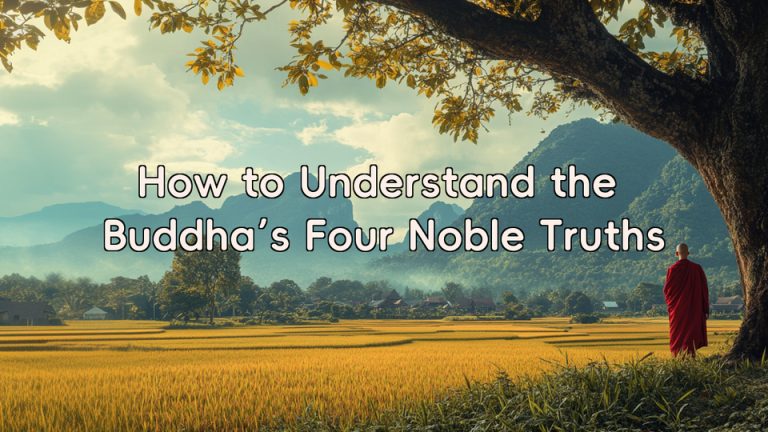The Historical and Cultural Significance of Bodhi Trees
Bodhi trees have long been revered for their spiritual and cultural significance. These trees hold a special place in many religions and cultures, and their symbolism and history make them a popular choice for home decor and jewelry. In this article, we will explore the historical and cultural significance of bodhi trees and why they continue to hold such importance today.
The Origin of Bodhi Trees
Bodhi trees, also known as sacred fig trees, are a species of tree native to the Indian subcontinent. They are considered to be one of the oldest known species of tree, with some specimens estimated to be over 3,000 years old. The name “bodhi” comes from the Sanskrit word for “enlightenment,” the origin of the Bodhi tree is closely linked to the establishment of Buddhism.
According to legend, Buddha (Siddhartha Gautama) in the 6th century BCE, in what is now Nepal, resolved to seek the truth. He meditated under a Bodhi tree for 49 days and ultimately attained Nirvana (enlightenment). This event, known as Buddha’s enlightenment, marks the birth of Buddhism. Hence, the Bodhi tree has become a symbol of the place where Buddha achieved enlightenment.
Symbolism in Buddhism
In Buddhism, the bodhi tree is a symbol of enlightenment, wisdom, and the path to spiritual awakening. It is believed that the Buddha sat under a bodhi tree for 49 days, meditating until he reached enlightenment. As such, the bodhi tree is often depicted in Buddhist art and is considered a sacred tree in many Buddhist communities. Many Buddhists also believe that the leaves of the bodhi tree have healing properties and will often use them in medicinal remedies.
Cultural Significance in India
In India, the bodhi tree is considered a symbol of peace, harmony, and prosperity. It is often planted in temple gardens and is a popular choice for street and park plantings. The leaves of the bodhi tree are also used in traditional Indian medicine and are believed to have healing properties for various ailments. In addition, the bodhi tree is also a popular choice for bonsai enthusiasts, as its unique and intricate root system makes for a beautiful and symbolic display.
Bodhi Trees in Home Decor
by Robbin Huang (https://unsplash.com/@ikarishinjigao)
The cultural and spiritual significance of bodhi trees has made them a popular choice for home decor. Many people choose to display paintings or sculptures of bodhi trees in their homes as a symbol of peace and enlightenment. In addition, the leaves of the bodhi tree are often used in jewelry, such as necklaces and bracelets, as a way to carry the tree’s symbolism with them.
Where to Find Bodhi Trees
If you are interested in owning a bodhi tree, you may be wondering where to find one. While they are not as common as other houseplants, you can often find them for sale at specialty plant nurseries or online. It is important to note that bodhi trees require a warm and humid environment, so they may not thrive in all climates. However, with proper care and attention, a bodhi tree can make a beautiful and meaningful addition to your home.
In conclusion, bodhi trees hold a rich history and cultural significance that continues to be celebrated and revered today. Whether you are looking for a symbol of peace and enlightenment or simply appreciate the beauty of these trees, a bodhi tree can make a meaningful addition to your life and home.




